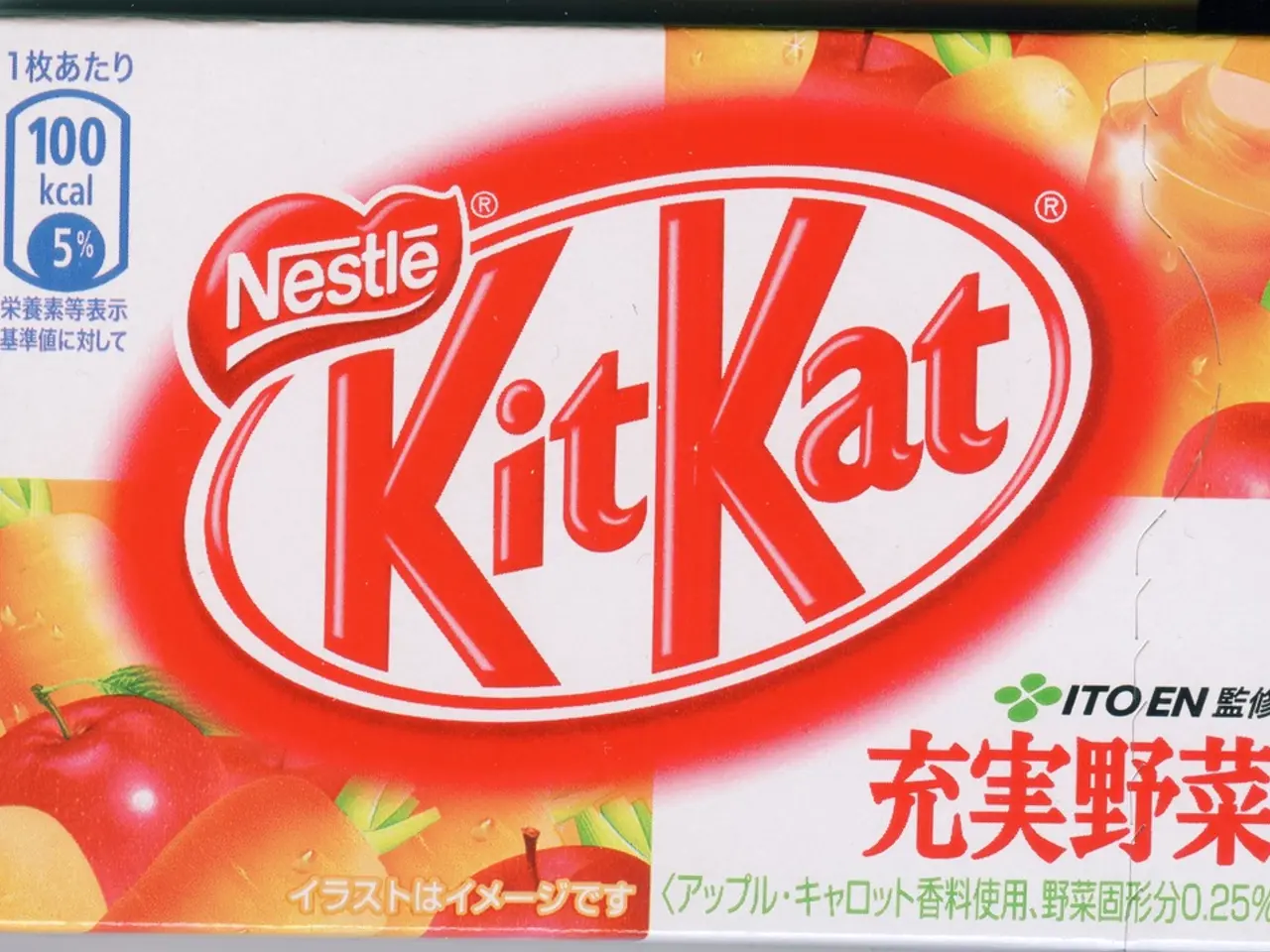Examining Prevalent Dietary Fads and Trends
In the world of dieting and nutrition, a variety of trends have emerged, each promising a path to better health and wellness. Today, we'll delve into four popular diets: Whole30, Keto, Intermittent Fasting, and Weight Watchers.
First, let's talk about Whole30. This 30-day nutrition reset is designed to end unhealthy cravings and habits, restore a healthy metabolism, heal the digestive tract, and balance the immune system. During Whole30, sugar, alcohol, grains, legumes, and dairy are cut out, while meat, seafood, eggs, vegetables, some fruit, and natural fats are allowed. After 30 days, the diet moves to 'food freedom,' allowing more types of food.
Next, the Ketogenic (Keto) diet, a popular low-carb diet, involves eating high-fat and low-carb foods to put the body into a metabolic state called ketosis, where it burns fat for energy. The Keto diet is similar to the Atkins diet and includes foods like red meat, ham, bacon, chicken, turkey, salmon, eggs, butter, cream, cheese, nuts, seeds, healthy oil, avocado, and low-carb vegetables. Foods to avoid on the Keto diet are sugar, grains, fruit, beans, low-fat products, unhealthy fats, and alcohol. It's worth noting that carb intake on the Keto diet is typically under 20 grams per day, with about 5% of macronutrients coming from carbs, 15-25% from protein, and 75% from fat. However, starting the Keto diet may cause the 'Keto flu' with symptoms like sleep issues, nausea, digestive discomfort, and a foggy feeling, but these usually last for a few days.
Intermittent fasting, on the other hand, is not a diet but a way to eat meals. It involves dividing the day or week into eating and fasting periods. There are three main methods: the 16:8 method (fasting for 16 hours and eating within an 8-hour window), Eat/Stop/Eat (fasting for 24 hours once or twice a week), and the 5:2 method (eating normally for five days of the week and restricting calories to 500-600 on the other two). Intermittent fasting may help with weight loss and metabolic health, as it lowers blood sugar, blood pressure, and cholesterol in some studies.
Lastly, Weight Watchers, a well-established diet programme, was created by Jean Nidetch, a housewife from Queens, New York, in 1963. Weight Watchers does not restrict certain foods, but members must adhere to point goals. Food points are determined based on fat, sugar, protein, and fiber content. Exercise is also part of the Weight Watchers program. In addition to a points system, Weight Watchers includes weekly meetings and a support network.
Each of these diets has its own unique approach, but they all aim to promote healthier eating habits and improved well-being. As with any diet or lifestyle change, it's essential to consult with a healthcare professional before starting any new regimen.
Long-term studies on the ketogenic diet and intermittent fasting are limited due to the complex logistics and costs involved in tracking long-term health outcomes. However, more research is being conducted to gather long-term data on these dietary patterns.
While the Paleo diet, exercise, and the Keto flu were not directly mentioned in your bullet points, it's worth noting that the Paleo diet emphasizes healthy fruits, vegetables, and lean proteins, while cutting out high-fat, processed foods, grains, legumes, dairy, refined sugar, salt, potatoes, and highly processed foods. Exercise is a requirement when eating Paleo. The Keto flu, as mentioned earlier, is a set of symptoms some people experience when starting the Keto diet.
In conclusion, Whole30, Keto, Intermittent Fasting, and Weight Watchers offer different approaches to dieting and nutrition. Each has its benefits and drawbacks, and the best choice depends on individual needs, preferences, and health conditions. As always, it's crucial to consult with a healthcare professional before making significant changes to your diet or lifestyle.
Read also:
- Strategies for Increasing Food Intake in Advanced Years
- Drug-resistant pathogens prevalent across ICDDR,B, posing a considerable risk to newborns.
- Difficulties with Access to Care Highlighted in Prudential Asia Healthcare Survey 2025, Revealing Patient Concerns
- Veteran Nightmares Alleviated Through NightWare Technology on Apple Watch





